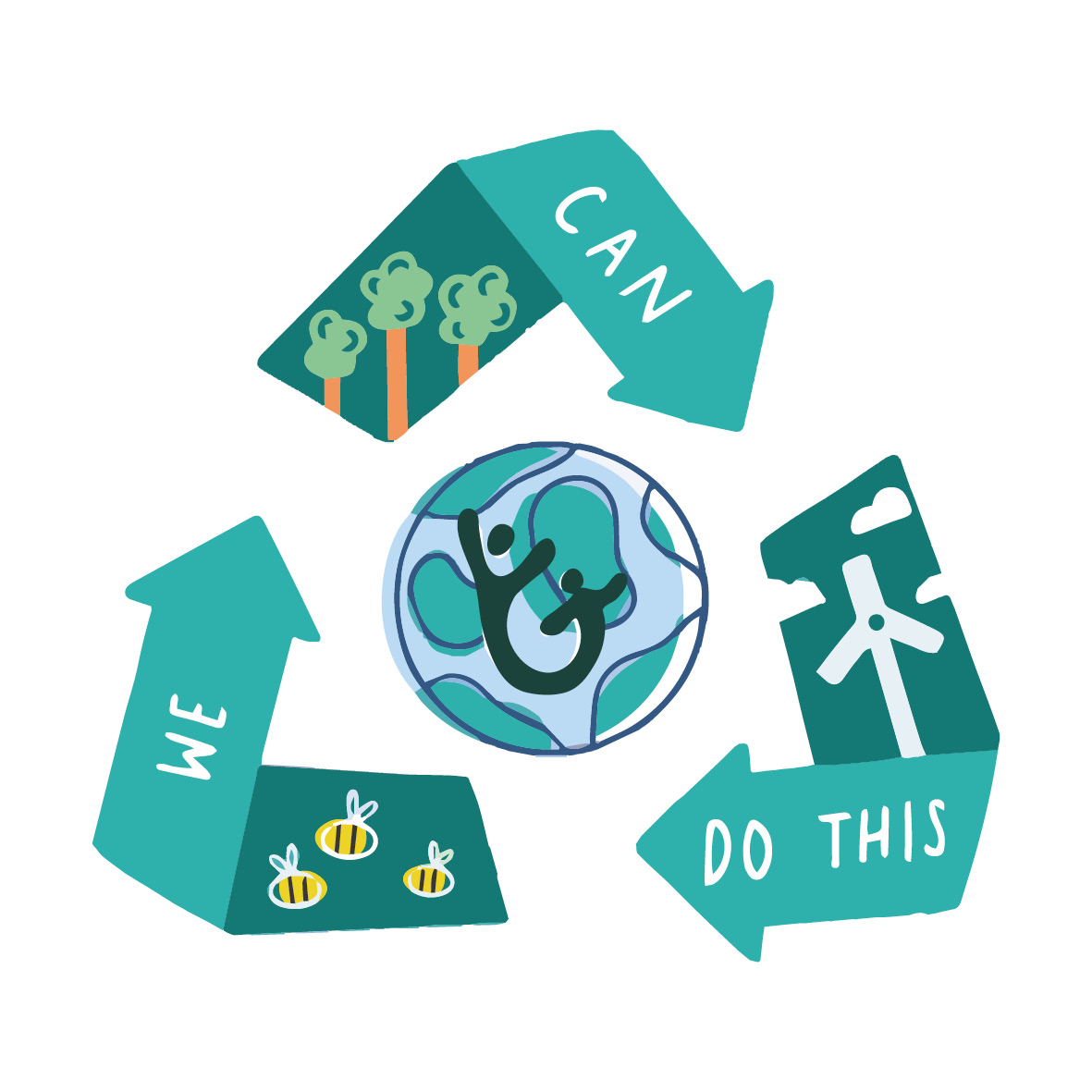Brunel Sustainability
Brunel - making a positive impact through sustainability
|
|
Brunel is committed to making a positive impact through outstanding environmental sustainability performance. This is a level of ambition that presents a huge challenge that will take time and resources to fulfil. It will mean that the way we deliver some activities will need to be different, many behaviours changed, and projects redefined. Whilst there are risks and initial additional costs involved, there will be long-term benefits and the reputational risk of poor performance will be averted. Our performance needs to be benchmarked against peer institutions. |
Our Environmental Sustainability Vision is that the Brunel is committed to making a positive impact through outstanding environmental sustainability performance. Our policy framework shows how our environmental sustainability vision aligns with the Brunel mission and one of its core values. It contains four underpinning principles and three priority areas, and conveys Brunel's key environmental sustainability impacts and the supporting approaches available to manage these impacts.
In order to deliver our policy aspirations, Brunel will need to implement our multi-step Environmental Sustainability Strategy. This contains details of the aims, targets, key performance indicators and implementation mechanisms relating to the key impacts and supporting approaches. The Environmental Sustainability Strategy will, in part, be implemented through several supporting policies and plans.
Brunel's approach to managing sustainability across the trust falls under 5 pillars which are:
- Positive Impact through learning
- Energy & Efficiency
- Travel & Transport
- Happy & Healthy
- Sustainable sourcing
Under each pillar are specific activities and measures all aimed at creating environmentally friendly and sustainable environments for our Children and Young People, families, employees and Brunel partners.
Roles and Responsibilities
Staff
We expect all Brunel staff to be positive environmental role models. By encouraging our staff to reflect upon their personal and professional practices, we want them to support our environmental agenda and to make positive changes wherever possible for example, minimising the wasteful use of resources; using water bottles and reusable cups; eliminating single-use plastics; reducing paper usage in printing and photocopying; using public transport or sharing lifts or walking or cycling to work.
Students
As with our staff, we teach and encourage our Students in a way that demonstrates concern for the environment and shows a commitment to sustainable living. Through our positive impact through teaching, we seek to inspire our students to be reflective and pro-active sustainability champions.
Parents
We are engaging with our parents in two keyways: firstly, by encouraging Brunel parents to adopt effective sustainable practice for example, by improving the air quality in the vicinity of the School by not dropping off/picking up their children by car where avoidable; secondly, by drawing on the expertise of environmental experts within the communities.
The Local Community
Through the work of our Executive Leadership team, Trustees and other Senior staff, we will work collaboratively with our local community to ensure that we develop meaningful relationships and implement actions that will have a positive impact on the local environment. Wherever possible, we aim to add capacity to existing community initiatives and to share best practice with - and learn from - our service partners.
Eco Schools
Brunel is proud to have partnered with Eco Schools, a programme which provides a simple, seven-step framework that answers this question whilst empowering young people to make a difference in their school, local community and beyond. Since 1994, millions of young people around the world have worked through the Eco-Schools Seven Steps before being recognised for their efforts with a prestigious Eco-Schools Green Flag. Our School Councils will lead projects such as building and growing a vegetable patch or litter picking in their local community to work towards their School Accreditation.
Please follow the link to find out more about Eco Schools

